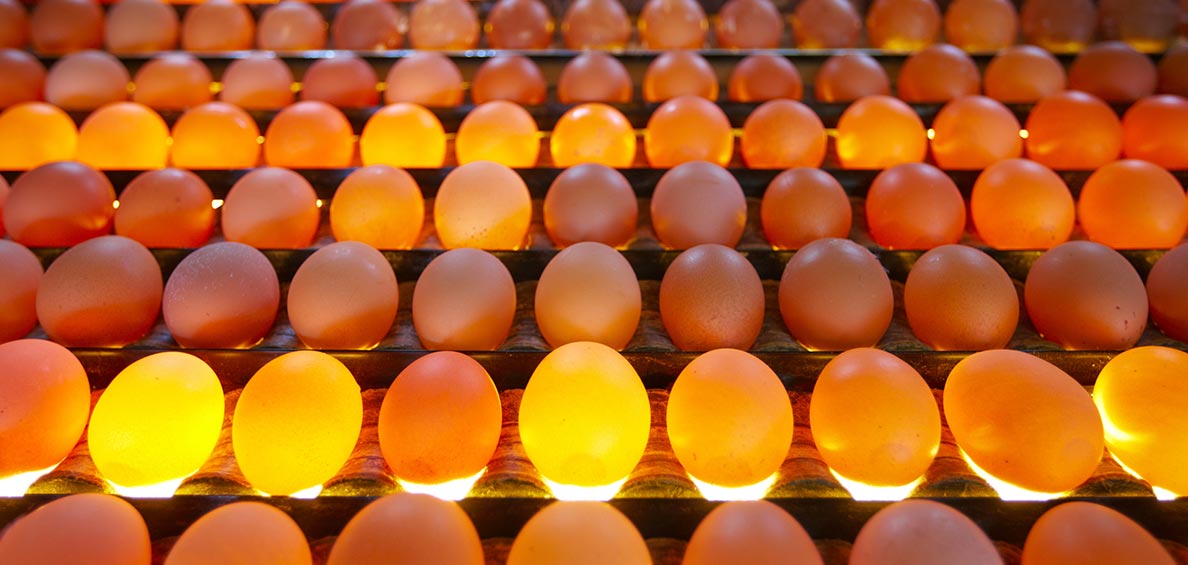The incubation period for most poultry eggs is approximately 21 days.
The optimal temperature for incubation is between 37.5 to 38.5 degrees Celsius, and the optimal humidity level is between 50% to 70%.
The number of eggs that can be incubated at one time in an incubator depends on the size of the incubator, but typically ranges from 1 to 20,000 eggs.
The egg turner rotates the eggs every 2 to 3 hours to ensure that the developing embryos receive an equal amount of heat and moisture.
It is not recommended to incubate eggs from different species in the same incubator, as the incubation conditions and time required for each species can vary.
The water in the incubator should be added every 2 to 3 days to maintain the optimal humidity level.
You can usually tell that the eggs are ready to hatch when the chicks start pipping, or breaking through the shell.
When the eggs are ready to hatch, the incubator should be turned off and the eggs should be left undisturbed until all the chicks have hatched.
After hatching, the chicks should be transferred to a brooder, where they can be kept warm, dry, and fed until they are ready to be moved to a coop.
Incubated eggs can hatch naturally if they are kept in the right conditions, but the success rate is usually lower compared to using an incubator.
The common reasons for eggs not hatching in incubators include temperature or humidity levels that are too high or too low, incorrect turning frequency, and poor ventilation.
Chicks typically stay in the brooder for the first 6 to 8 weeks of their life.
A heat lamp is the most common heat source used in a brooder.
Pine shavings, paper towels, or straw are commonly used as bedding in a brooder.
The bedding in the brooder should be changed at least once a week, or as needed if it becomes soiled or wet.
Chicks can be transitioned from the brooder to a coop by gradually increasing their exposure to outdoor temperatures over a period of several days or weeks.
Incubated eggs can be stored for a short period of time, but the success rate of hatching decreases as the storage time increases.
A hatcher is a specialized incubator used in the later stages of incubation to provide a stable environment for the developing chicks until they are ready to hatch.
Yes, incubated eggs can be candled to check their development by shining a bright light through the egg to observe the growth of the embryo inside.

